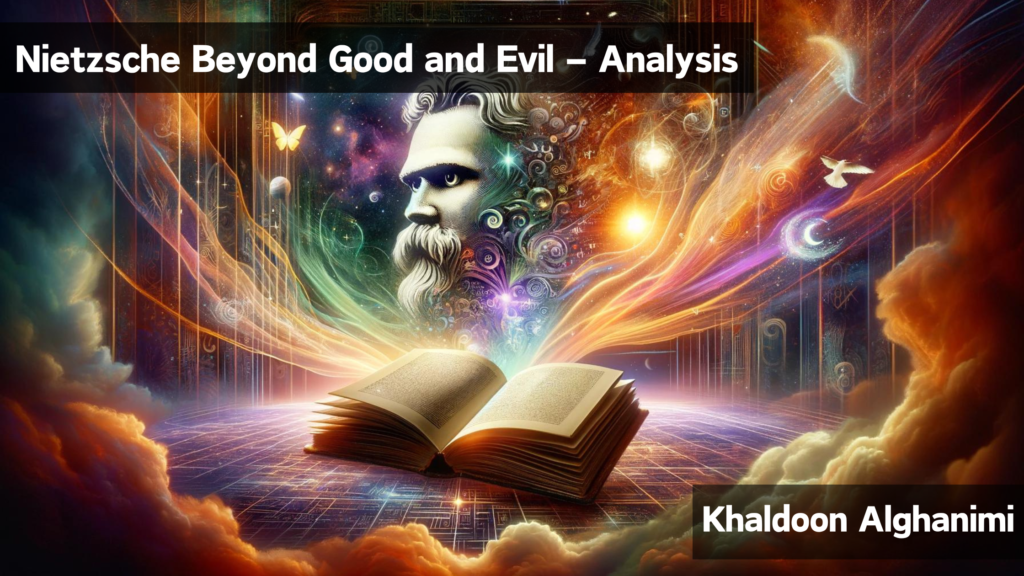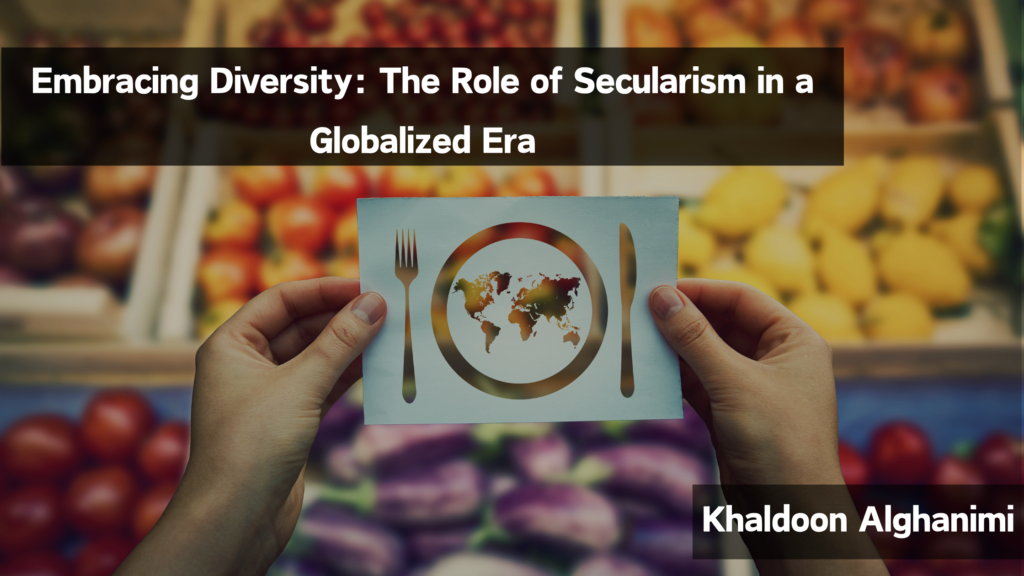Philosophical inquiry, from its inception, grapples with the fundamental nature of existence, knowledge, and truth. The ambition to commence this inquiry from a stance devoid of any preconceived notions or assumptions, known as starting from “first principles,” has been a persistent theme in the annals of Western philosophy, especially since René Descartes’ cogito, “I think, therefore I am.” This seminal assertion sought to establish an unassailable foundation for knowledge, positing the act of thinking as evidence of existence itself. Yet, this endeavor to root philosophy in indisputable truths reveals the inherent complexities and challenges of attempting to purify thought from all presuppositions.
The quest for a neutral, unbiased starting point in philosophy underscores a deeper intellectual struggle: the tension between the desire for objective truth and the unavoidable influence of subjective experience. Every philosophical exploration, consciously or not, is imbued with the underlying beliefs, cultural contexts, and personal biases of its proponents. These elements shape the contours of philosophical discourse, often masquerading as universal truths.
Descartes’ proposition serves as a prime example of this dynamic. “I think, therefore I am” is presented as an immediate certainty, a fundamental truth that stands self-evident without need for external validation. This assertion, however, is laden with assumptions about the nature of self, thought, and existence. It presupposes a distinct ‘I’ engaged in the act of thinking, thereby implicitly endorsing a dualistic view of mind and body, self and thought. The acceptance of this dichotomy as a foundational truth raises critical questions about the nature of identity and consciousness, suggesting that the very act of thinking may not simply reveal the self but rather construct it.
Philosophical inquiry, therefore, is not merely an intellectual exercise in abstract reasoning but is deeply entangled with the existential and ontological assumptions that philosophers bring to their work. The claim of any philosophical system to be founded on pure, unadulterated reason must be scrutinized for the hidden presuppositions it carries. This scrutiny is not just an academic task but a vital process of uncovering the layers of belief and bias that underpin our search for understanding and meaning.
The critique of foundationalism in philosophy – the belief in the possibility of constructing a belief system or knowledge structure from basic, self-evident principles – is further complicated by the historical and cultural contexts in which philosophical ideas develop. The values, norms, and beliefs of a philosopher’s time and place inevitably seep into their work, shaping the very questions they ask and the answers they find plausible. For example, the pervasive influence of Christian theology in Western thought has often gone unacknowledged, yet it has profoundly shaped philosophical concepts of morality, the soul, and the nature of existence.
This entanglement of philosophy with the cultural and historical milieu challenges the notion of philosophy as an objective, detached quest for truth. Instead, it reveals philosophy as a deeply human endeavor, reflecting the complexities, contradictions, and diversities of human thought and experience. Philosophers, no matter how objective or rational they aim to be, are invariably participants in the cultural and intellectual currents of their time, their work a tapestry woven from the threads of their own lives and the broader cultural fabric in which they are embedded.
Furthermore, the idea that philosophy can proceed without assumptions is itself a philosophical stance that needs examination. It assumes a view of knowledge and thought as potentially free from bias and presupposition, an idea that has been contested by various schools of thought, including postmodernism, which argues that all knowledge is socially constructed and contingent.
The implications of these reflections are profound for the practice of philosophy. They suggest that philosophical inquiry must always be a reflective and critical process, one that continually questions not only the content of philosophical arguments but also the foundational beliefs and assumptions that underlie them. This requires a willingness to engage in self-examination, to recognize and interrogate the personal and cultural biases that shape our thinking.
In engaging with philosophy, we must also confront the paradox of seeking objective truth within a subjective framework. This does not invalidate the philosophical endeavor but rather enriches it, highlighting the dynamic interplay between the subjective and the objective, the personal and the universal. Philosophy, in this light, becomes a dialogue—a conversation not only among different thinkers across time and space but also between the individual and the collective, the subjective and the objective, the particular and the common.
This dialogic nature of philosophy also emphasizes the importance of diversity and plurality in philosophical discourse. Different perspectives and traditions bring unique insights and challenge established norms and assumptions, fostering a more dynamic and robust exploration of truth. The engagement with a variety of philosophical traditions, including Western and Eastern ones, can provide fresh viewpoints and challenge the Eurocentric biases that have historically dominated philosophical thought.
Let me summarize the above, the assertion that philosophy can be conducted without assumptions is a proposition fraught with complexities and contradictions. Philosophical inquiry, inherently shaped by the personal and cultural contexts of its practitioners, cannot escape its foundational assumptions. Recognizing this fact does not diminish the value of philosophy but rather underscores the importance of critical self-reflection and openness in the pursuit of knowledge and truth. Philosophy, then, is not a quest for an unreachable objective purity but a journey of continuous questioning, a process of navigating the intricate interplay of assumptions, beliefs, and the quest for understanding. In this journey, the critical examination of presuppositions, the acknowledgment of the subjective origins of our thought, and the embrace of diversity and dialogue are essential for a deeper and more nuanced engagement with the philosophical quest for truth.



